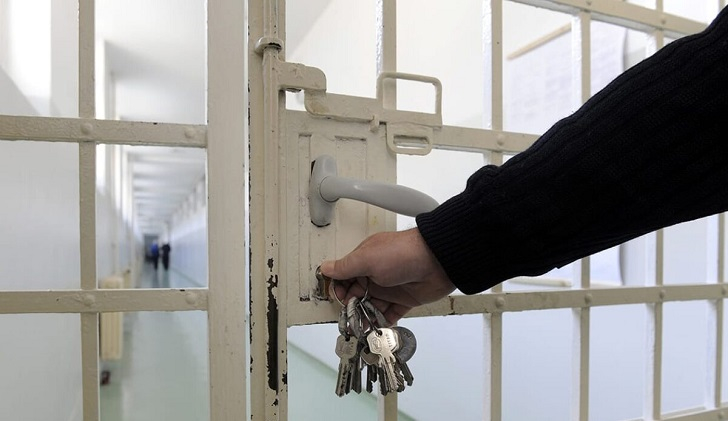
The Dilemma Facing Courts When Deciding Upon Drug Rehab Or Prison
One of the key decisions that a court has to make when someone has been convicted of a drug-related offence is whether that person should serve time in prison, or should be ordered to enter a drug rehab program. To many outsiders, the two options might seem to be at opposite ends of the punishment spectrum, with prison seen as the correct means of dealing with a drug offender, and drug rehab considered a lenient option, neither of which view is entirely correct.
In effect, what a court will be determining is whether the drug offender would be better served by being punished or treated, and many factors need to be considered concerning each one of these. This is not a straightforward ‘lock them up’ or ‘let them off’ decision, and whilst drug crime can never be condoned nor pardoned, simply putting someone in jail for a length of time may not serve either the offender or society as a whole.
We say that not to be harshly critical of prison, but given that the person offending may be addicted to drugs, placing them in an environment, where, with the best of wills, drugs will still be able to be obtained, simply defers many of the problems of drugs use rather than deals with them.
Alternatively, a strong case can be made that were that person ordered to enter a drug rehab facility and receive the treatment, therapy, and support which will have the best chance of breaking their drug dependency, then there are several winners including the individual, their family, and the community at large.
Now, there are going to be offenders, many of which are repeat offenders, whose profiles and history suggest that drug rehab is not the right option, for any one of several reasons. It could rehab has been tried several times in the past and the individual has relapsed repeatedly.
Alternatively, they could be repeat offenders, an individual for whom violence comes as second nature, or the drug crime they have been convicted of is extremely serious such as the wholesale distribution and dealing of hard drugs, including to youngsters. In all of these cases, a very strong argument would have to be made for the court to even consider drug rehab as an option.
However, it is not the case that every drug conviction involves an individual who has displayed the sorts of undesirable actions and behaviours we have just described. An example includes someone who possessed drugs but had no intention to deal or distribute them.
Another scenario is someone for whom drug addiction is something which has hit them recently and they show a desire to rid themselves of that addiction, plus all evidence shows they are someone who otherwise is a decent person. Bear in mind, not everyone who has a drug addiction is standing on street corners begging for money to feed their habit. Many are in professional positions, parents, or someone who you would never believe has a drug addiction it is so well hidden.
Of course, there are going to be individuals at every point in the scale, which is why we know that the courts do not have a ‘one size fits all’ approach when it comes to drug offences and the decisions they make regarding punishment or treatment. Every individual’s circumstances will be considered, including the offence, their previous history, and reports from third parties such as medical professionals or drug counsellors.
Ultimately, a court will make its decision considering all factors, but it is clear there is a move towards treatment rather than punishment, which everyone should welcome. Yes, the worst offenders, for whom drugs, violence, and other criminal activity are a way of life, will inevitably serve time to protect society, however, for every one of those, there will be dozens, if not hundreds, for whom treatment at drug rehab will benefit all.



